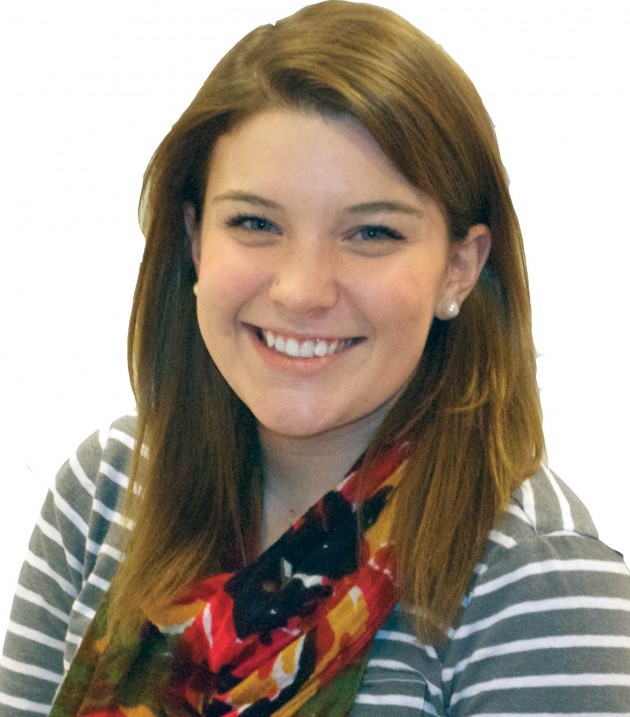
Recently, the Washington Post reported that famed primatologist Jane Goodall's new book, "Seeds of Hope: Wisdom and Wonder from the World of Plants" allegedly contains at least a dozen passages of information without proper internal attribution or footnotes. The borrowing of small phrases to entire paragraphs - copied from various Web sites like Wikipedia - has the potential to leave a dark scuff on Goodall's sterling legacy.
DePauw's Ubben Lecture Series has brought countless world-class speakers to Greencastle, and Goodall, this semester's lecturer, is no different. The caliber of her contributions to the scientific community deserves far more attention than the space allotted for this newspaper column. Which is why Goodall's alleged plagiarism hits that much harder.
Goodall has since issued an apology, stating, "I hope it is obvious that my only objective was to learn as much as I could so that I could provide straightforward factual information." Regardless, it is difficult not to allow these revelations to color my view of Goodall to an extent, especially in light of her visit to campus on April 17.
Goodall has since postponed the release of "Seeds of Hope" and has promised to work with her team to address all citation issues. In light of all of this and considering her larger body of work, I found myself asking - does the controversy really matter? Under what conditions are we willing to forgive the people we lift up as experts, geniuses, even heroes?
Had Goodall been a student at DePauw, her plagiarism clearly violates the three simple principles outlined in Charles Lipson's Doing Honest Work in College - you know, that book we all were required to read in our freshman year seminars. Lipson boils down the concept of academic integrity to this: actually do the work yourself. When you don't, give others proper attribution. And lastly, don't inaccurately skew the research or opinions of others to fit your own ideas. Goodall appears to have violated the second principle, of which the punishment at DePauw ranges from lowered grades to permanent dismissal.
At DePauw, our conviction in academic integrity defines our educational experience. Does Goodall's status as a world-renowned primatologist, ethnologist, anthropologist and former U.N. messenger for peace make her exempt from the standards of academic integrity in ways that your average DePauw student is not?
I'm not sure if I'm willing to draw a hard and fast line on these questions. At least not yet. But I do think that from all the controversy surrounding our upcoming Ubben lecturer, students can continue to be reminded of the fallibility of our idols and cautioned against the elevation of them. It's important to not ignore the flaws that make them human while we celebrate what makes them great. The gravity of Goodall's mistakes are seemingly minor, but by confronting these faults - by taking our heroes down from the pedestal - we might be able to view accomplishments such as theirs as that much more attainable.
- Brelage is a senior from Indianapolis, Ind. majoring in English writing.


